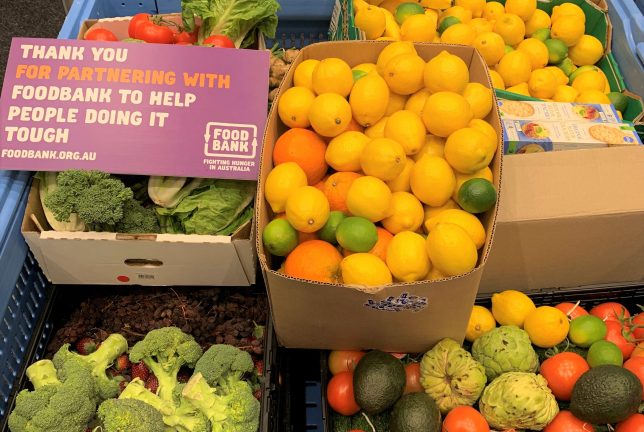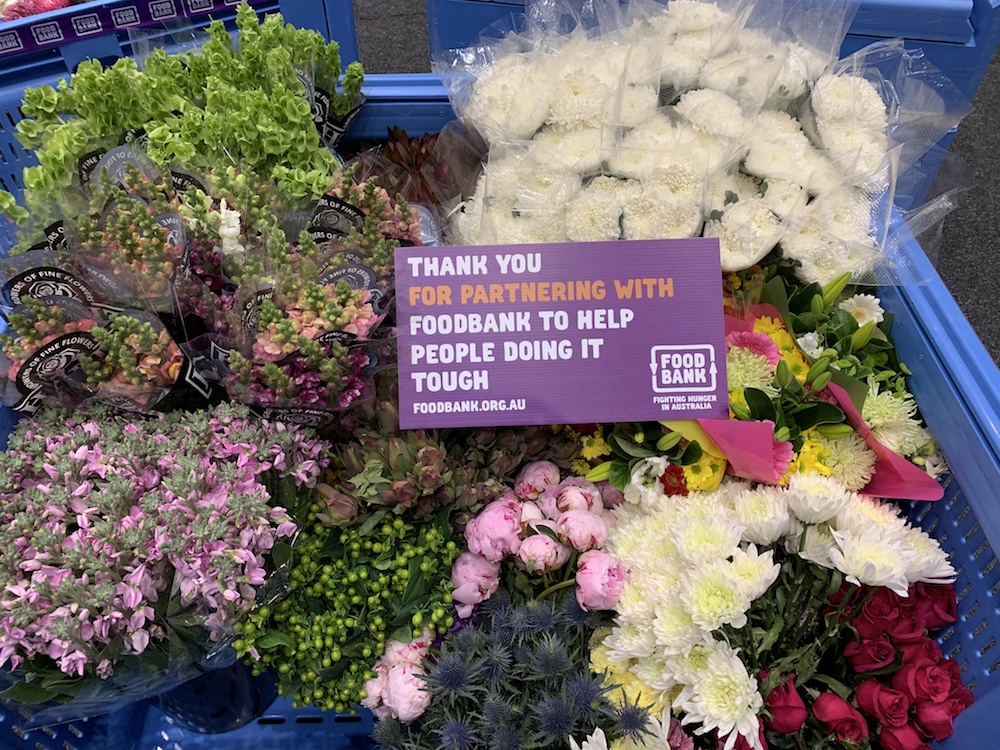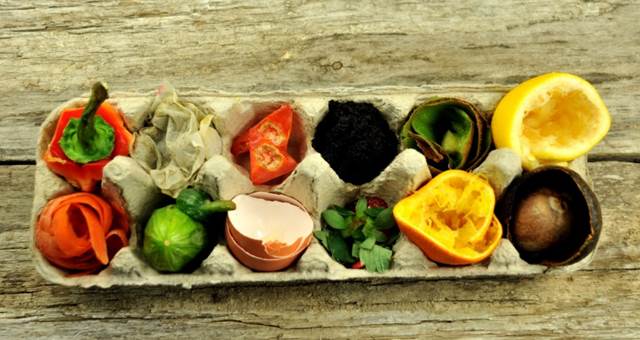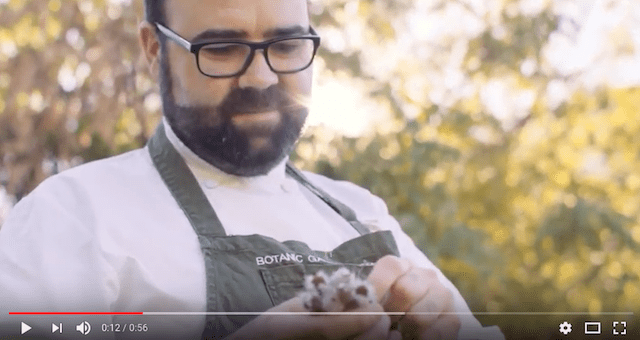
Australasia’s largest B2B event in food innovation, Global Table, recently took place in Melbourne, bringing together more than 100 Australian and international speakers and innovators to discuss ideas to transform local food and agribusiness industries.
Following the event, Spice News caught up with one of the speakers, Brianna Casey, CEO of Foodbank Australia, to find out how the event industry can help tackle issues such as food insecurity and food waste.
Q: Major events and conferences can generate significant food waste – do you think the issue is being addressed or is there more that can be done in this area?
A: With food waste costing our economy $20 billion a year, there is always more that we can be doing to reduce food waste. We would love to see facility providers and event coordinators make food waste a priority and an integral part of their planning when hosting conferences and events.

Ideally, it should be included in their event plans or on a checklist to make preparations with a food relief organisation which will ensure perfectly edible food can reach those who need it most, as well as reduce the amount of food waste in this country. We are starting to see many big organisations and events taking this approach.
The recent Hort Connections event in Melbourne was a great example of what can be done in this space. Exhibitors were encouraged to donate leftover fresh produces and flowers that had made up stunning displays and as a result, 15 CHEP bins and five pallets of delicious fruit and veggies were delivered to Foodbank Victoria so that we could give a second life to produce and flowers that would otherwise be destined for landfill.
So at the planning stage of an event, ask the simple questions: will the exhibitors have displays featuring fresh produce that could be donated at the close of the event to a food rescue organisation? Will the event have surplus catering that could be donated to a food rescue organisation or local charities that can be pre-arranged to collect?
The earlier these questions are asked, the more streamlined the process can be which will ensure a positive experience and result for all!
Q:What are some of the ways major events can look to reduce food waste?
A: There are obvious challenges around under or over catering for all events. In order to ensure perfectly edible product isn’t unnecessarily wasted, connect with a food rescue organisation prior to your event to understand just how much product and what product can be repurposed to help those in our community.
You would be surprised at how big the need is for food relief in our community so any opportunity to capture perfectly edible food and divert it to those in need is great for all involved.
If an organisation has regular events with surplus, we thoroughly recommend establishing a partnership with a food rescue organisation which can introduce a platform to raise more awareness with in your network about food insecurity in our country and ways in which everyone can assist.

Q: What ways can corporate organisations look to reduce food waste and help fight hunger in Australia?
A: Whether it’s a big or small-sized organisation, we encourage them to reach out to a food rescue organisation, visit their site, meet with their team and understand what they do and how they work to source product and avoid perfectly edible product from going to waste.
From that increased level of understanding, opportunities to support their cause will naturally come to mind when you go back at look at your own organisation and industry. Foodbank works with the entire Australian food and grocery industry, including farmers, wholesalers, manufacturers and retailer to source fresh and manufacturer foods.
These donations include stock that doesn’t meet industry specifications, close to expiry or excess requirements. Donations are then distributed to our network of 2600 charities that work to feed more than 710,000 people a month.
Unfortunately the demand for food and groceries far outweighs the supply and we’re constantly looking at ways to capture perfectly good food before it becomes part of our food waste problem.



